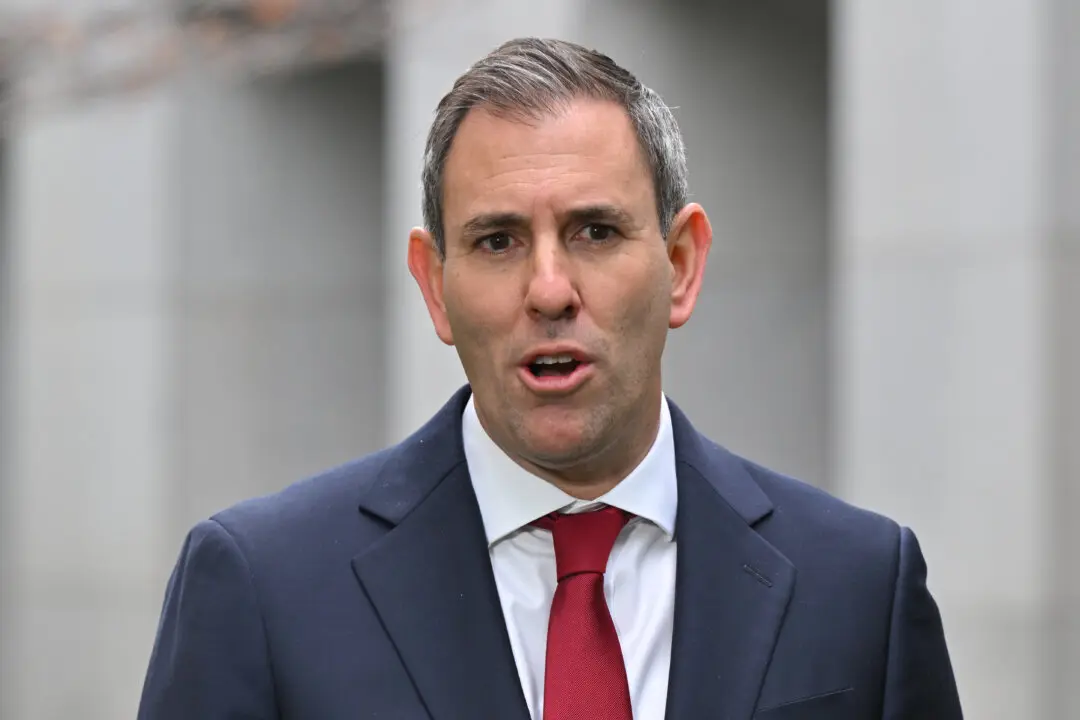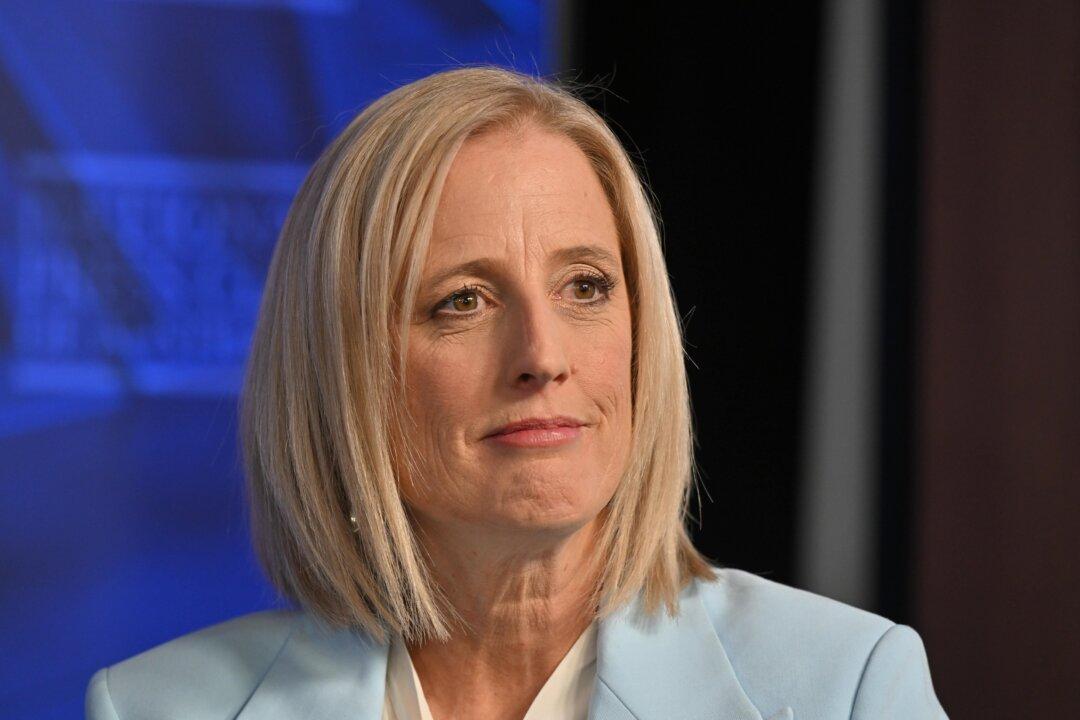“Teal” member for Wentworth Allegra Spender has called for a revamp of policies affecting business growth in the country including tax and industrial relations reform.
“Starting with business, we should aim to be the best place in the world to start and grow a business,” she added, highlighting Australia’s advantages, including higher education, a cohesive society, and abundant resources,” she told the National Press Club on Oct. 23.





